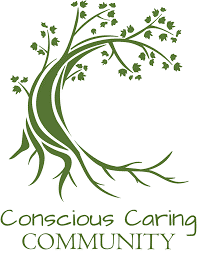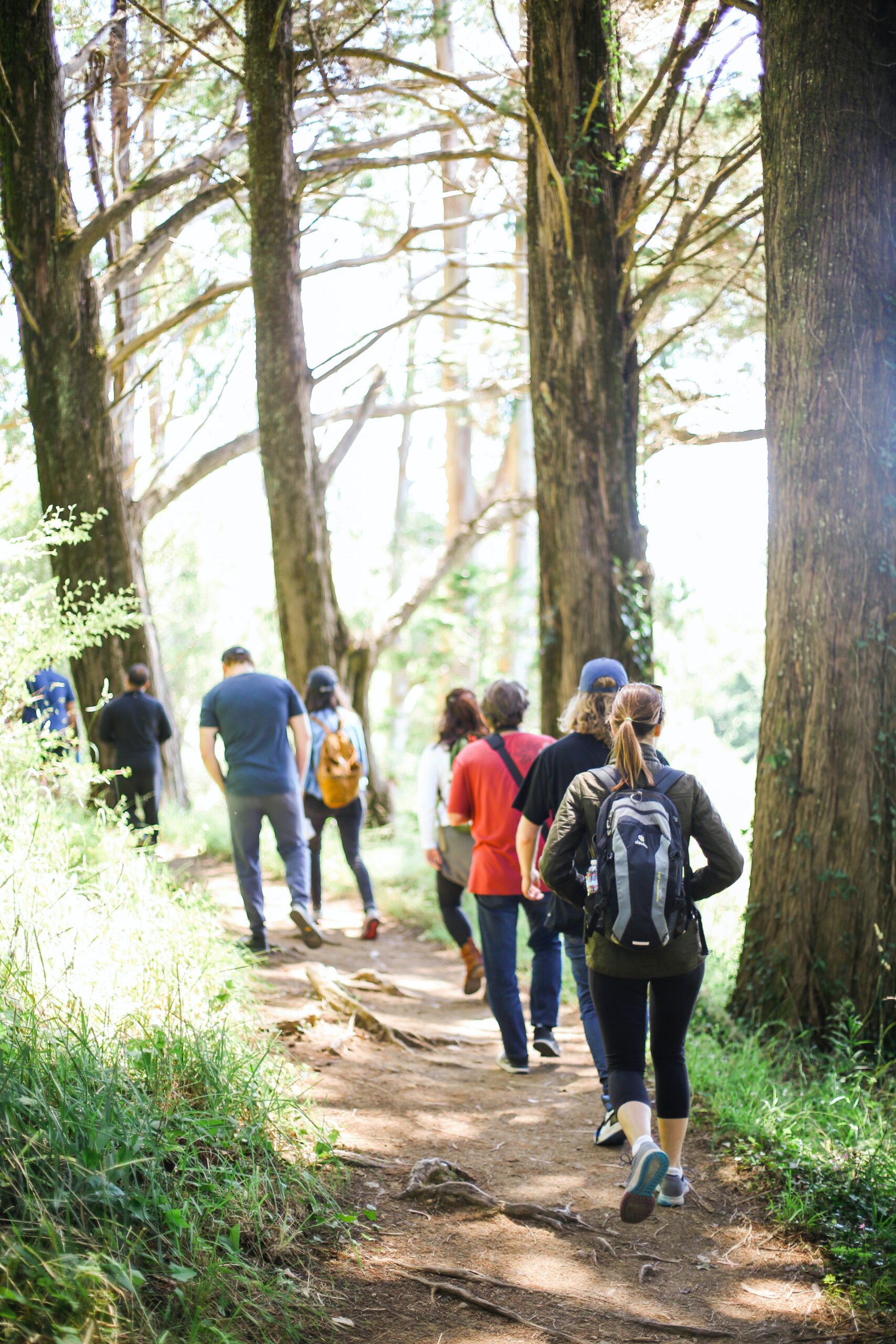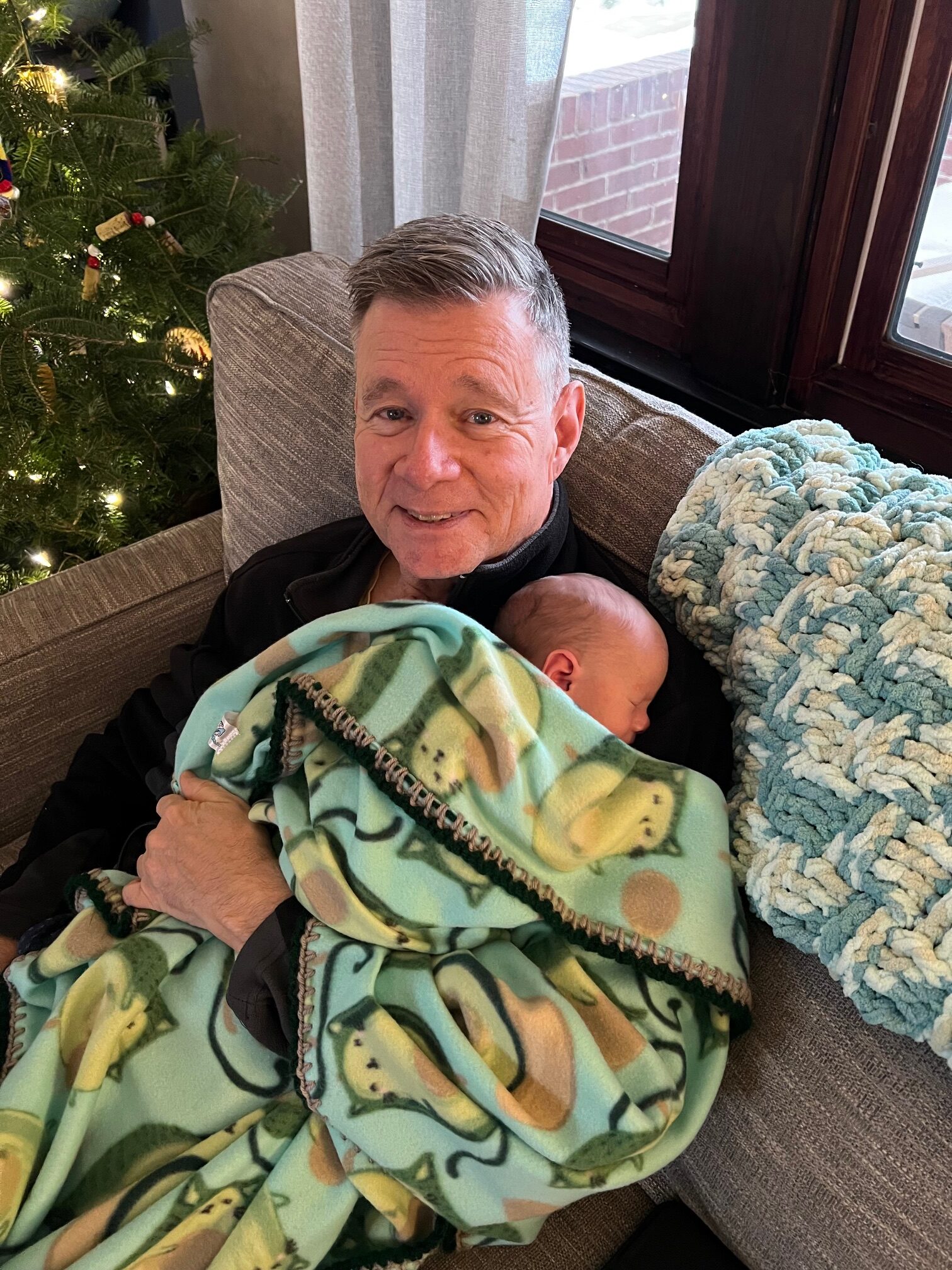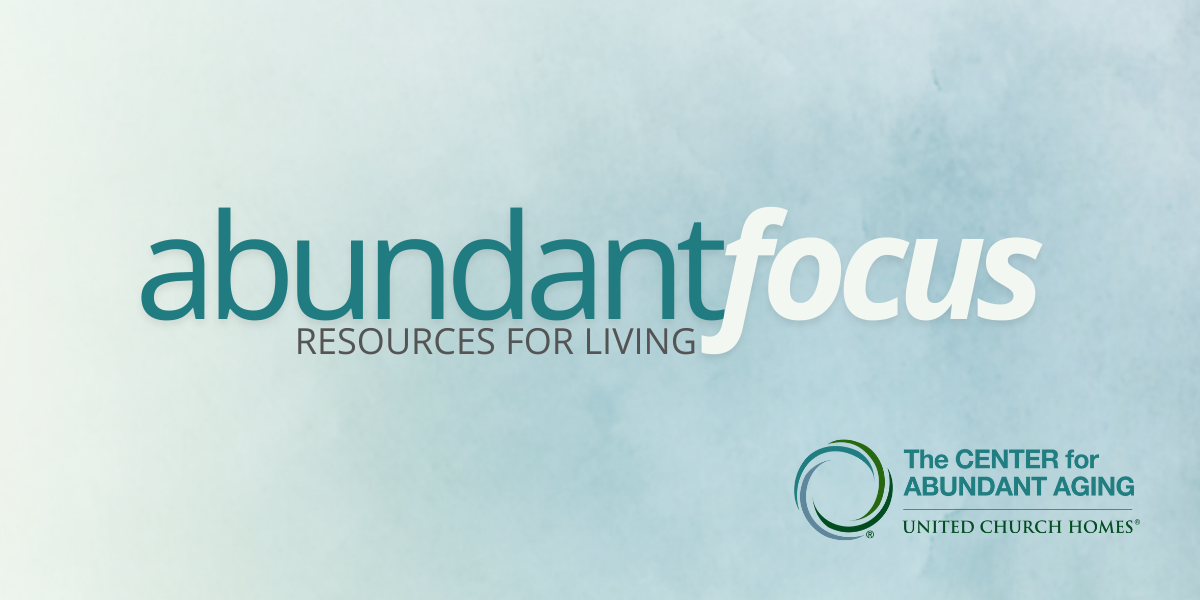For 20 years, the program known as ON BEING was my frequent companion on long drives.
On that program I first heard the term “nones.” Krista Tippett, the producer and host of ON BEING wrote: “The Nones of this age are ecumenical, humanist, transreligious. But in their midst are analogs to the original monastics: spiritual rebels and seekers on the margins of established religion, pointing tradition back to its own untamable, countercultural, service-oriented heart.” In the “nones” and in the monks, both contemporary trends and ancient tradition are pointing us toward the wisdom of and possibility in “living otherwise” —
Ms. Tippett is described as one who “saw a black hole where intelligent public conversation about the religious, spiritual, and moral aspects of human life might be.” In 2014, President Barack Obama awarded her the National Humanities Medal for “thoughtfully delving into the mysteries of human existence…. (avoiding) easy answers, embracing complexity and inviting people of every background to join her conversation about faith, ethics, and moral wisdom.”
Her books address “the intersection of spiritual inquiry, social healing, science, and culture.”
An hour-long interview for this article touched similar themes but in different words. In the following text the interviewee is identified as PSH. I am JMG. This article was reviewed and edited by PSH who gave permission to share it with you.
PSH has developed a fascinating connection with 20-30 young adults.
JMG: How did this group come about?
PSH: It began as an effort to engage young adults, most of whom do not participate regularly in congregational life.
JMG: Who are they?
PSH: They identify in various ways: as pagan, vegan, herbalists, poets, artists, social justice advocates, humanists, earth conscious persons. Some have strong religious faith backgrounds. Others have lost trust in the institution of “the Church.” In some instances they have been hurt, disregarded, disrespected in their experiences with “church.” But I find them simply amazing human beings. I like to think of them as “the Creatives” who will help us move closer to the life The Creator intended!
JMG: But you are a pastor. How willing are folks with such dread of “the church” to engage with you? How have you “gathered” them together?
PSH: I deliberately went to events and occasions where I could meet young adults. As I met persons at various events, or heard about someone’s unique creativity, I introduced myself and asked them to talk with me about their concerns and gifts. Slowly a sense of community developed. I introduced some to someone else I had talked with, and soon they were talking with each other. We developed cohorts around a variety of themes with the help of a grant that enabled us to pay workshop leaders.
(Note: PSH doesn’t like the term “nones,” but her description includes some who identify themselves as “spiritual but not religious;” who are individuals who care about quality of life and are concerned about this earth – echoing some observations of Krista Tippett noted above).
JMG: Would you describe some of these workshops or cohorts?
PSH: There have been activities like pie baking for Wheeler Mission, henna, the Enneagram, workshops about food culture, mobility, sound meditation, environmental justice, understanding bias, advocacy/letter writing, herbal immunity, yoga and a series focused on Latinx experiences. Each of us knew folks who were open mic poets and authors in our area. We invited them to discuss issues with us. We intentionally invited people of the global majority to be leaders of programs because we wanted the grant to support our beliefs in working to change white supremacy and white domination. We want the group to be diverse and welcoming to all.
When possible, even on not-so-cold or blustery winter days, we hiked together. That was one of the best get-togethers. The walking partners would chat, learn one another’s stories, and recognize shared concerns.
JMG: How do you describe your vision for this project?
PSH: The givers of the grant had done research which they shared with us, noting that young adults were looking for friends rather than pastors.
JMG: So would you say this was about creating safe space?
PSH: There really is no “safe” place. My efforts do not produce any tangible product. My product is creating community – in which we care for one another. It is about finding spiritual, emotional, physical, mental, relational wellbeing and equity in a community that is beyond oneself; community that is not self-serving.
JMG: But you don’t consider that to be “safe” space?
PSH: No, I think of it as brave space! I first learned the term brave space in a six-month anti-racism training for wellness leaders. There is no such thing as a safe space if we are going to be authentic and real, courageous and vulnerable. We mess it up. If the goal is to be safe, we will fail. But brave space is where we commit to be open and honest, and to repair any harm we may do to one another. In a brave space, we may still fail, but we commit ourselves to repair and reconcile.

PSH: When we discussed our concept of such a group, the cohort leaders used the term Conscious Community. They were thinking of consciousness as awareness, and community as connectivity. Together we tried to capture the themes of social wellness, justice, and creativity. So, we added the third C – caring. There we have it: Conscious Caring Community.
JMG: It is such a powerful term. Conscious as in “intentional;” Caring as non-religious-jargon for love of self and neighbor; Community as the brave space where one is respected, heard, challenged but cherished just because – as we might put it in our scriptural rhetoric – because you are God’s beloved, part of God’s Creation, and one who in the spirit of God is something of a co-creator in the search for social wellness, justice, and creativity that can transform or re-form the world around us. Am I getting that right?
PSH: And in the process of sponsoring this CCC, I also felt myself being cared for in marvelous ways. It became a community without walls. I learned the partners in CCC do not feel good if they can’t care for me, too. For example, when I had cataract surgery, these young adults, many whom I had not met in person because of Covid, sent lots of emails and made calls, and checked up on me daily. I realized it is not about me, though; it is about God’s spirit in which we are called to be inclusive, accepting, and caring. One of these friends said, ‘I watch your church newsletters and I am finally comfortable enough to come to something at your church because I felt like your church isn’t going to creep me out, isn’t going to hurt me – that you are legit.’
JMG: So, there it is. Community is where you aren’t creeped out; where CARING is CONSCIOUS and deliberate; where it is in COMMUNITY–as Ms. Tippett puts it – where individuals from every background bravely explore the no-easy-answers and mysteries of faith, ethics, moral values and culture. It is brave space informed and formed by the creativity of the partners in that space.
PSH: Please invite your readers to pray for the development of more such communities, and specifically for the continued life and ministry of this Conscious Caring Community. I am grateful and thank God for these young adults who are growing a beloved community of shalom for all.
Conscious. Caring. Community.
What a marvelous gift from God!
View all articles by:






















